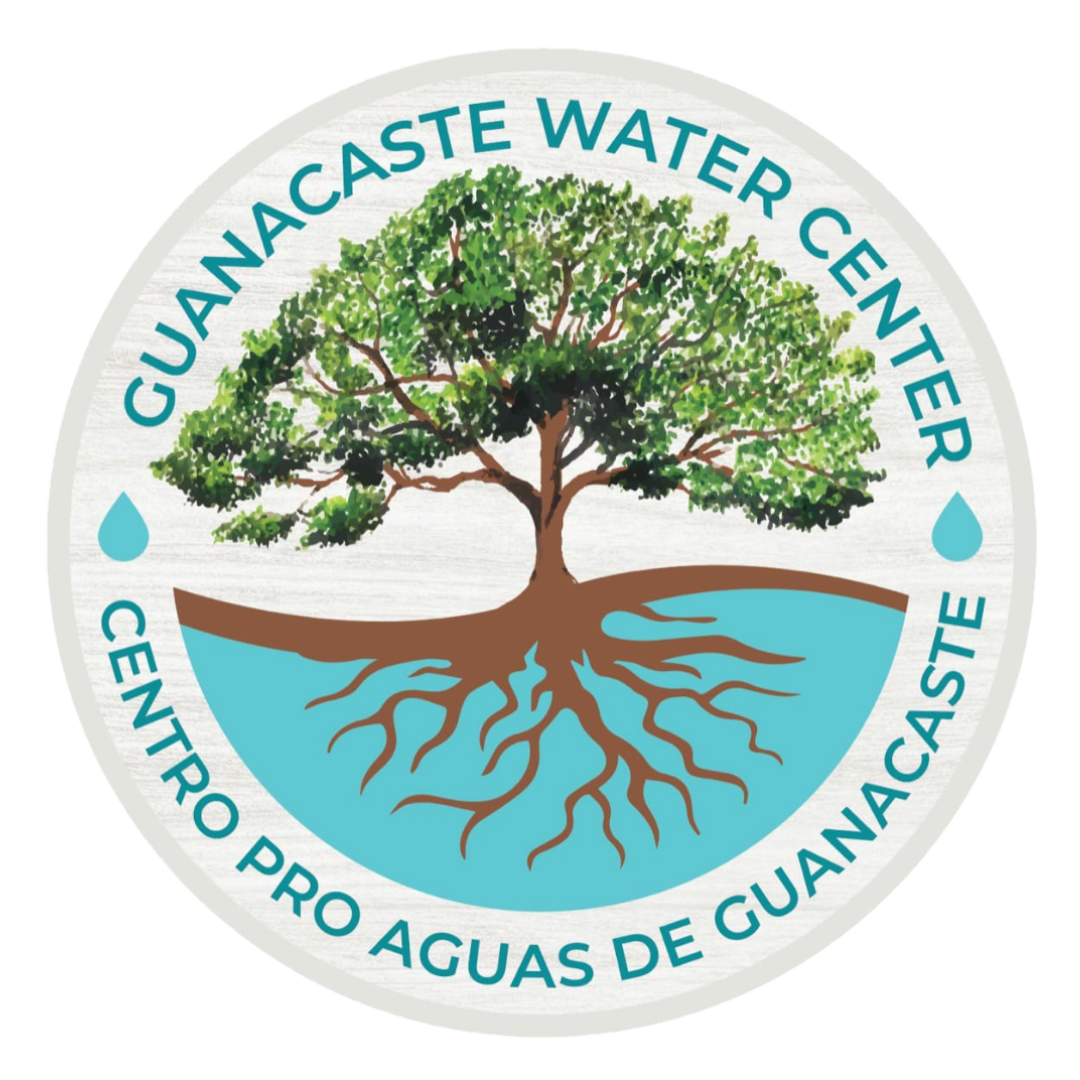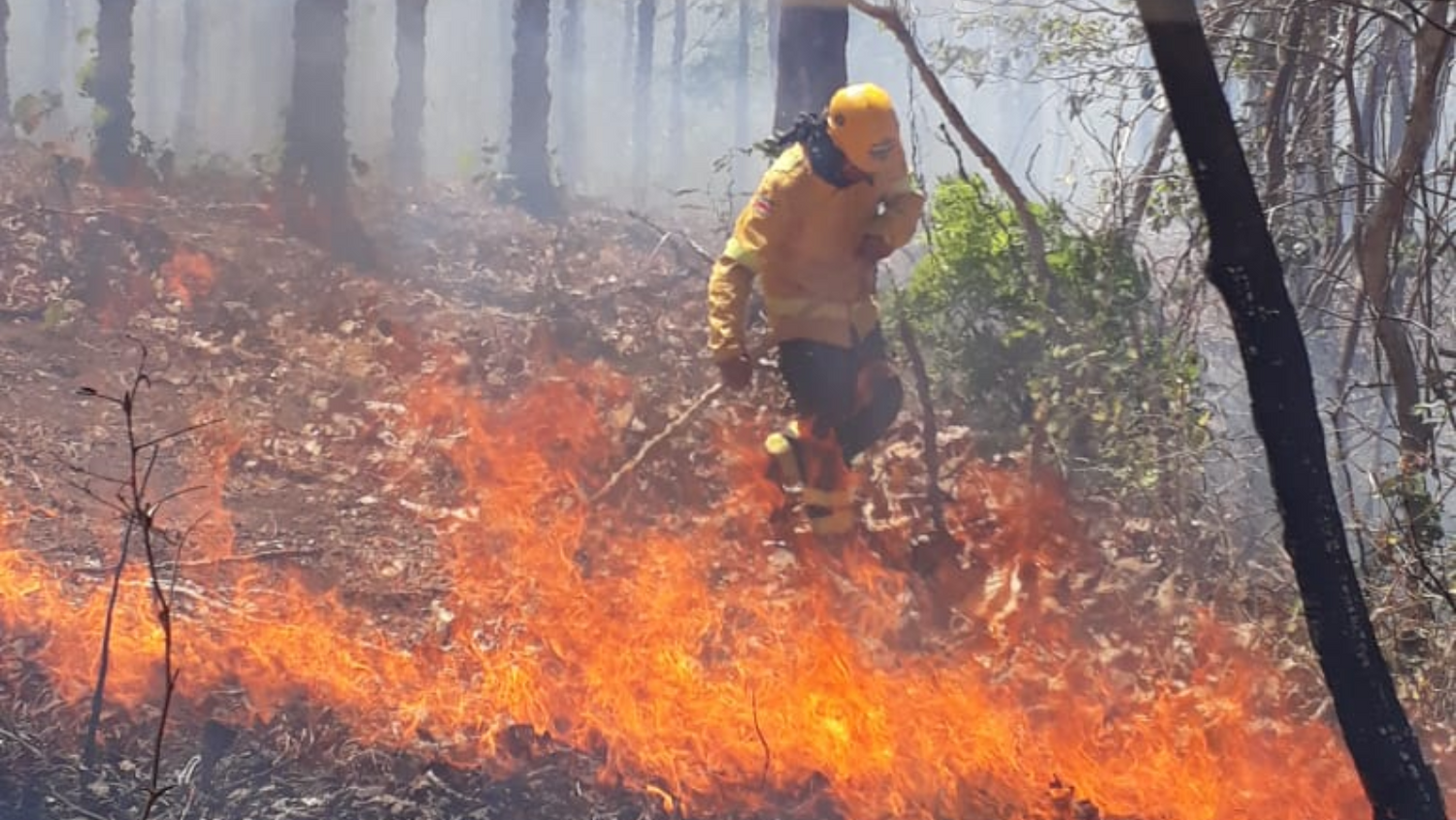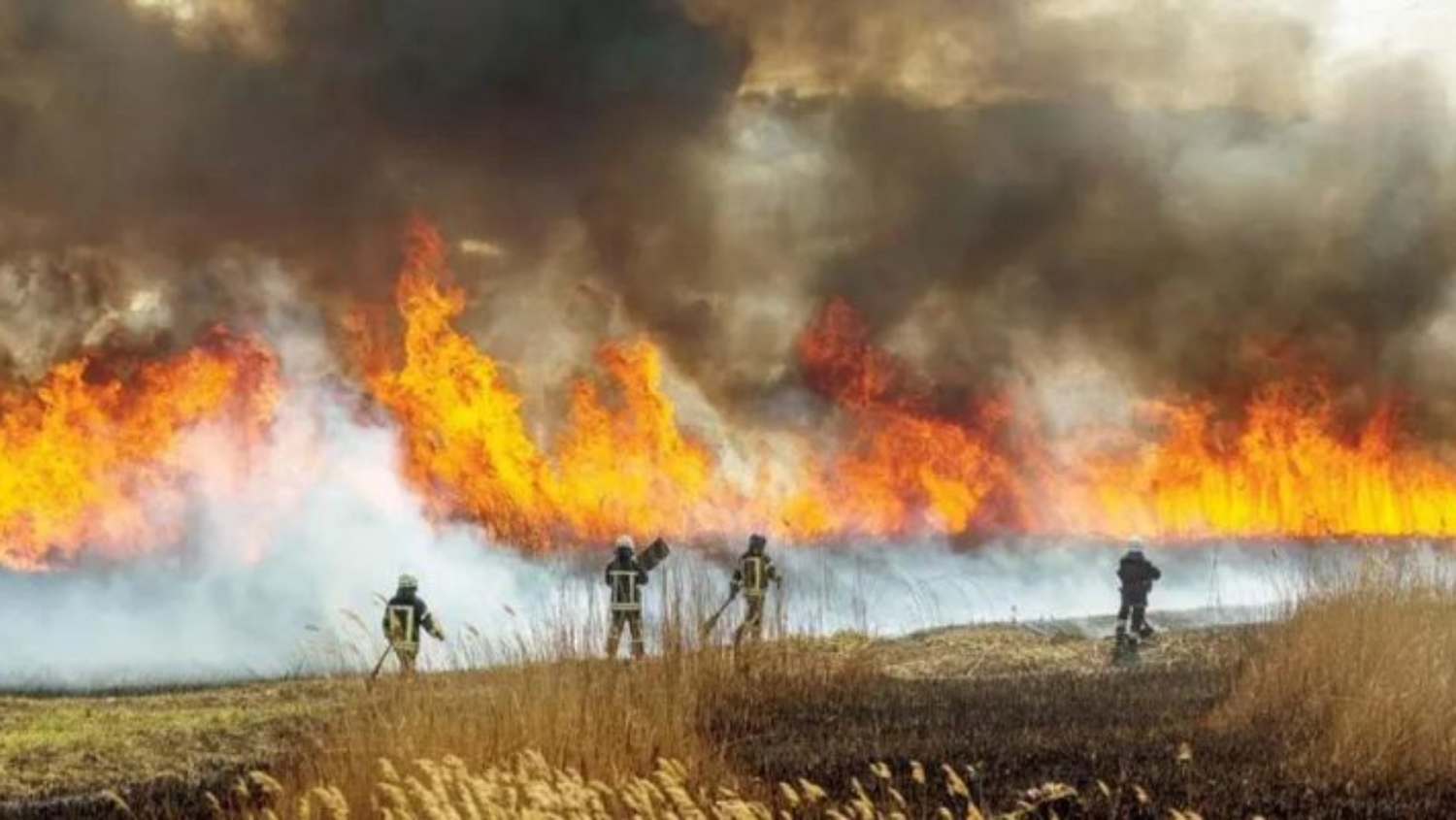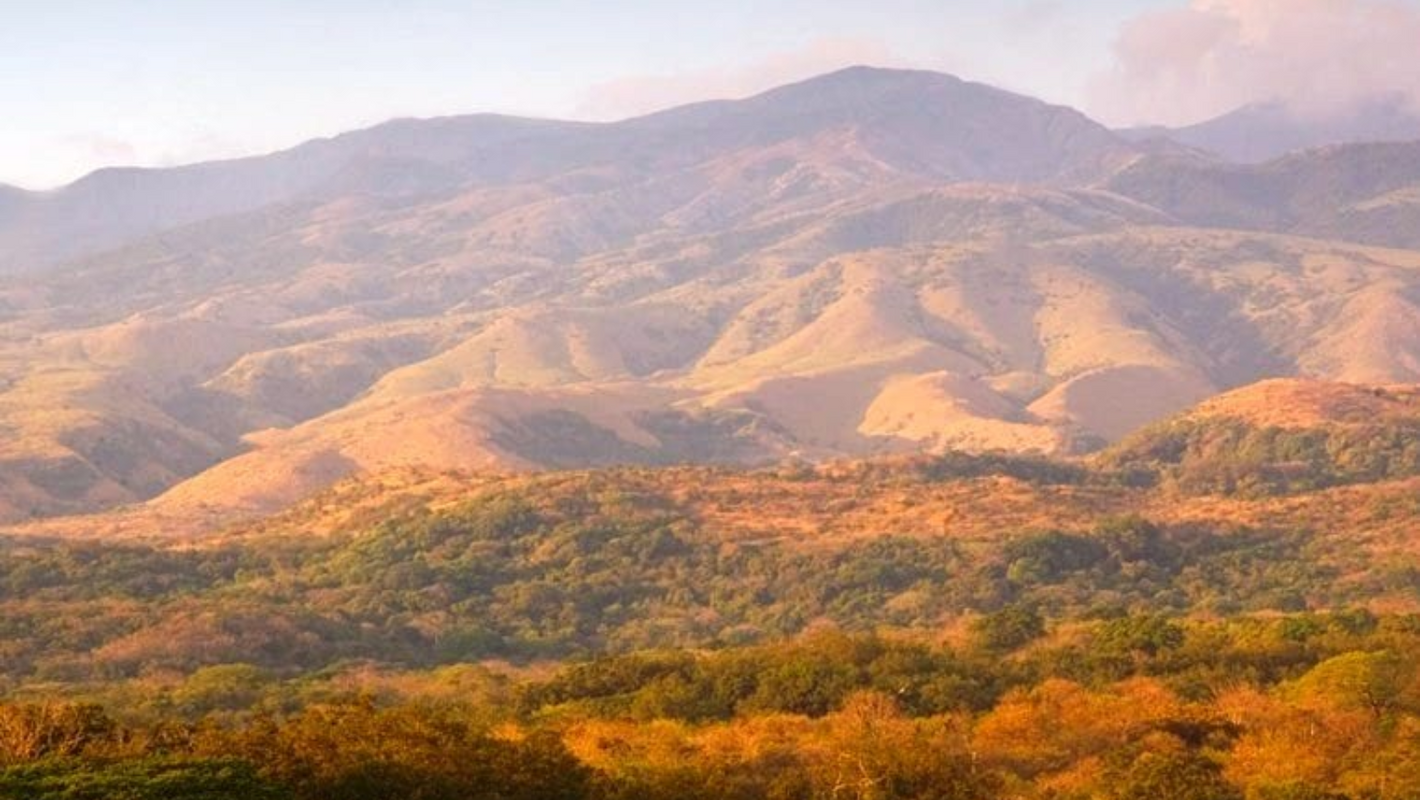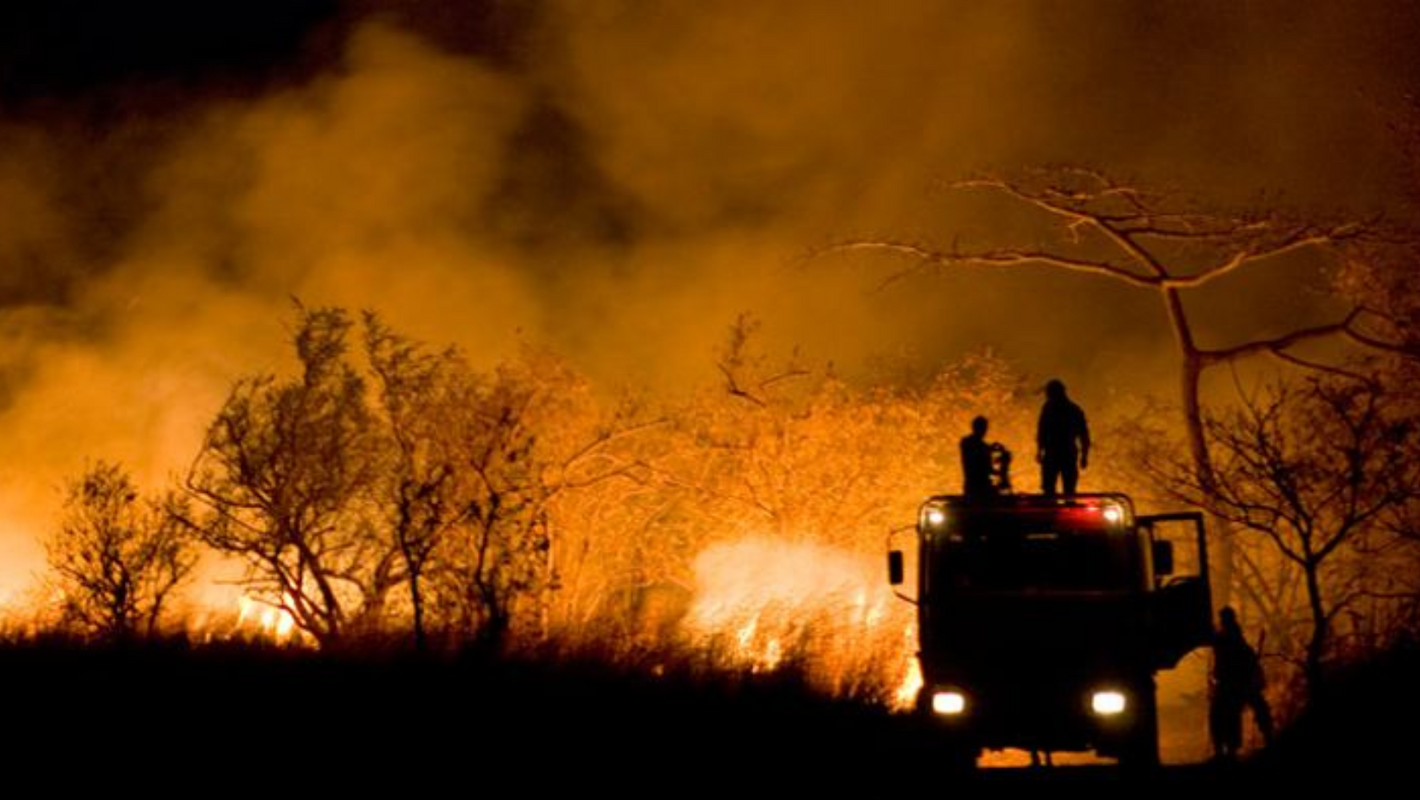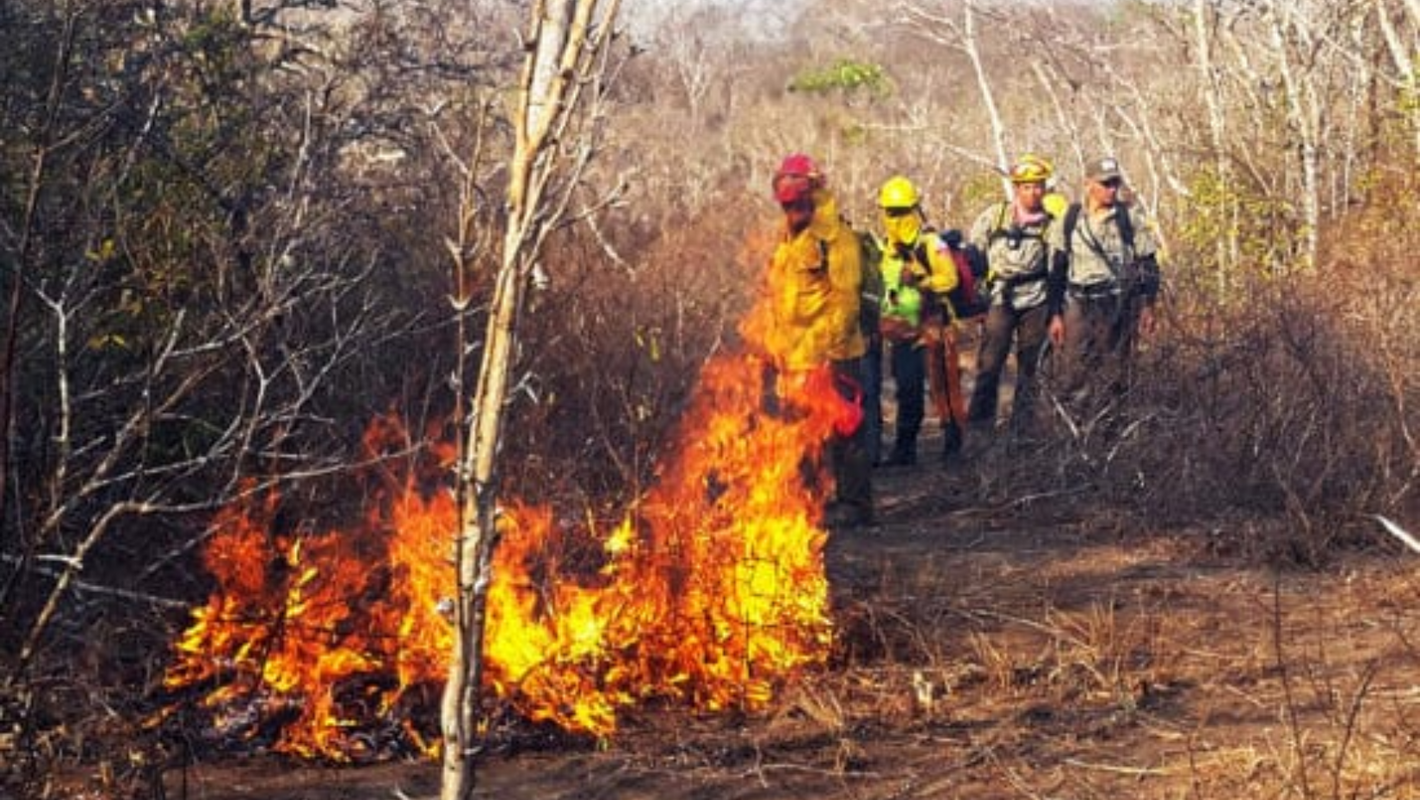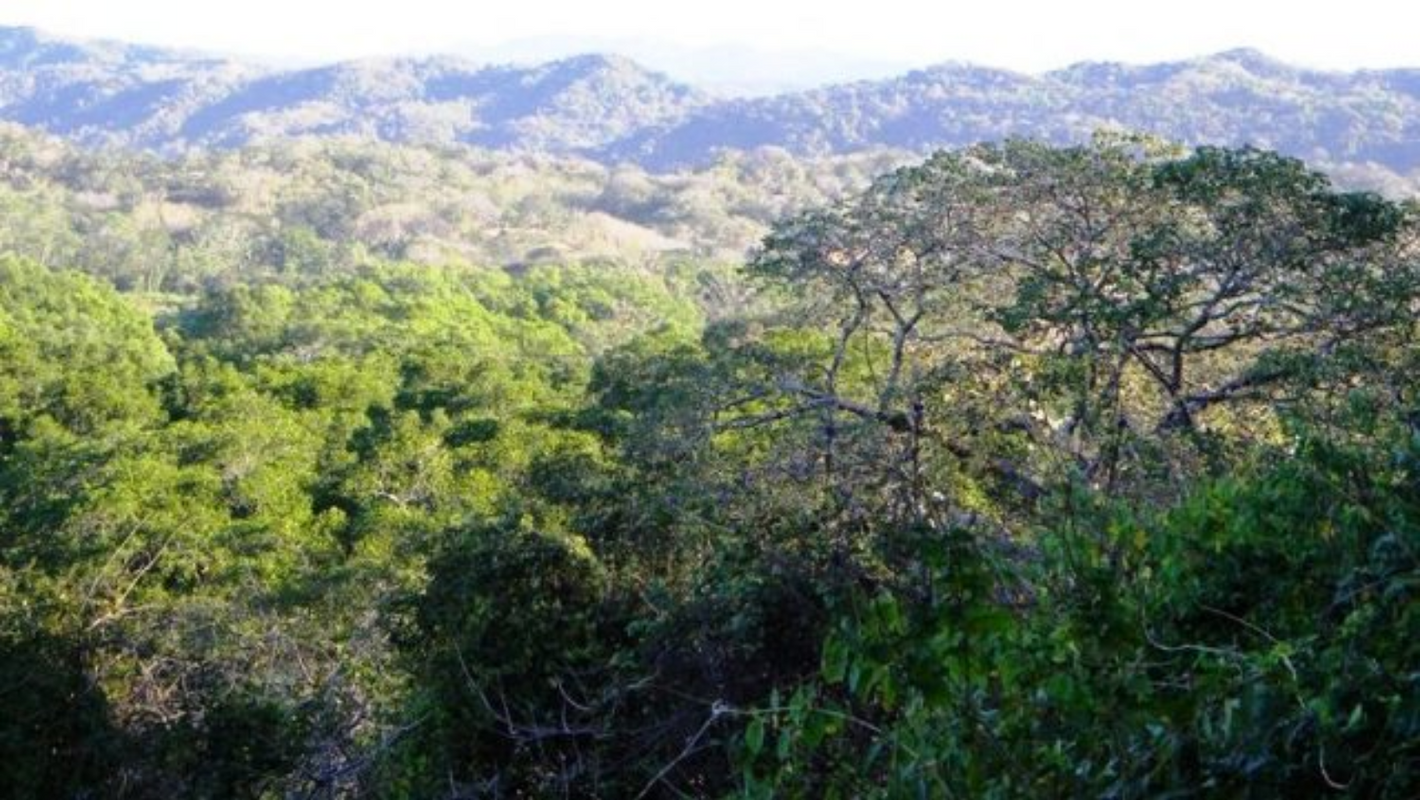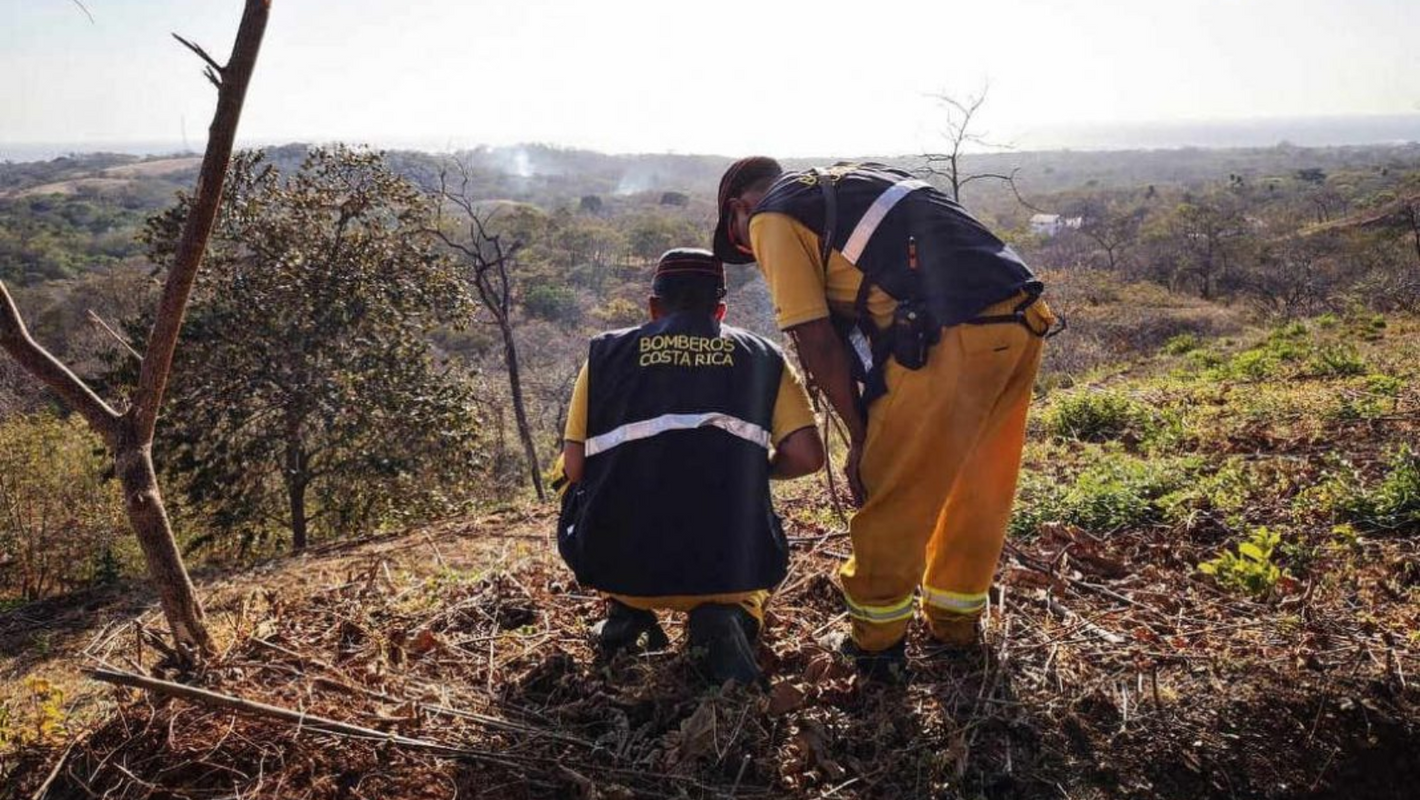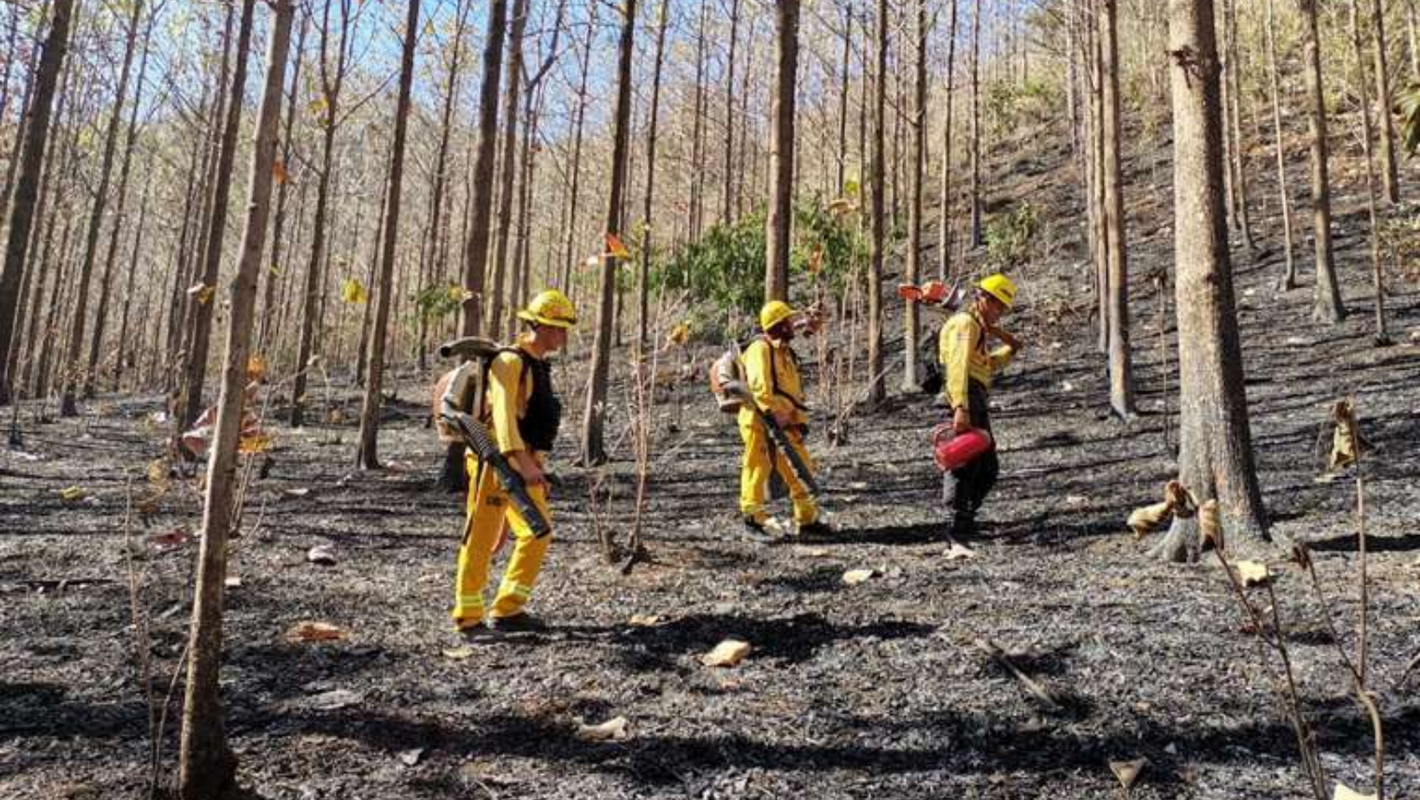Guanacaste Needs Our Help
Fire has been an ally of human beings throughout our evolution, we use it to cook our food, to keep warm, to be together in front of the fire and to clear land and establish crops.
But the fire used without prudence has displaced thousands of animals and plants in the province of Guanacaste, has caused a setback in the recovery of the forest and a destructive cycle of degradation of diversity, even desertification.
In some countries, fire is part of the ecosystem, but this is not the case in Guanacaste. Native species did not evolve in the presence of fire, unlike, for example, redwood/sequoia forests, whose seeds need the passage of fire to germinate.
The use of fire in Guanacaste has been mainly for agriculture and livestock since the time of colonization. Every year thousands of hectares are burned for different reasons, but this is reaching an unsustainable point, the degradation of the soils shows that they do not have the necessary structure to support productive activities. The soil becomes impoverished every year, it does not retain water as it should, and thus year after year it is more difficult to recover.
